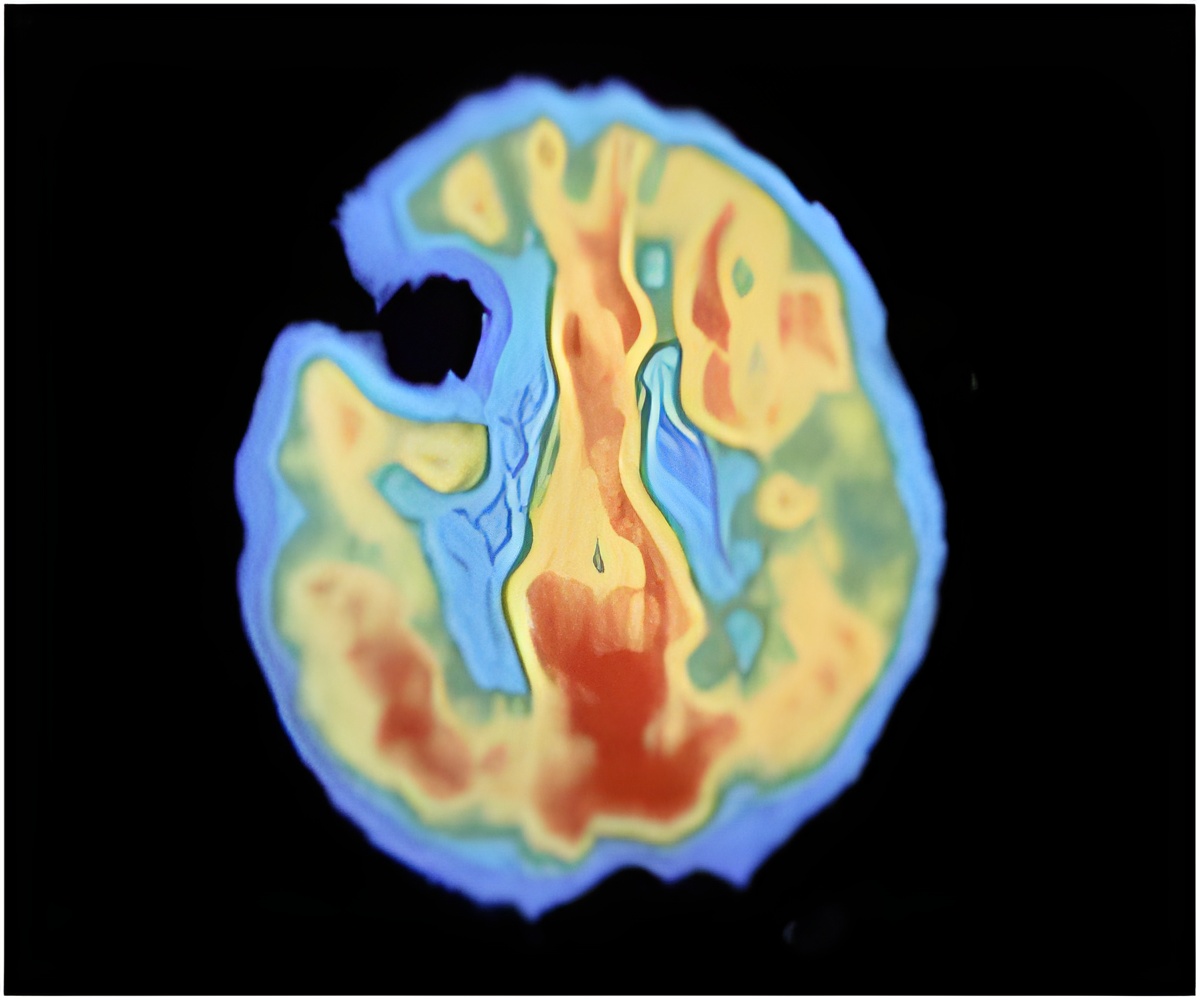Scientists at the Dana-Farber Cancer Institute and Harvard Medical School have found that a key cancer protein could help regulates memory formation - a finding that could pave the

The study is the first revelation that cyclin E has a crucial role in the formation of nerve connections, or synapses, in the brain.
"This protein has a double life," said senior author Peter Sicinski, PhD, a cancer biologist at Dana-Farber.
"It is overexpressed in many different cancers, but it also is expressed in high levels in the human brain. We have found that cyclin E is needed for memory formation and is a very important player," he added.
The researchers found potential evidence linking cyclin E to Alzheimer's disease, because it binds to an enzyme called Cdk5 that is involved in memory.
"There is good evidence that hyperactivity of Cdk5 contributes to Alzheimer's disease and inhibiting this enzyme can ameliorate symptoms in animals," said Sicinski, who is also a professor of Genetics at Harvard Medical School.
Advertisement
Many types of cancer cells, including breast, ovarian, colon, and blood cancers, are driven by the overexpression of cyclin E, which acts like a car's accelerator pressed to the floor, speeding the cells through their growth-and-division cycle and allowing tumors to form and spread.
Advertisement
When cyclin E molecules bind to and inactive Cdk5, synapses formation is increased, and, presumably, memory function improves.
The report is published online in Developmental Cell.
Source-ANI













